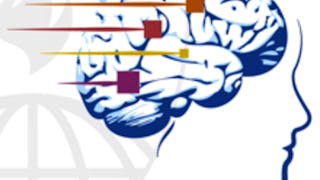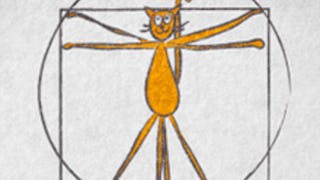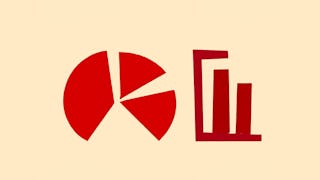Statistical Hypothesis Testing
Statistical Hypothesis Testing is a method used in statistics to decide whether a hypothesis about a data sample is true or not. Coursera's skill catalogue teaches you these statistical methods to make data-driven decisions. You'll learn about the fundamental concepts of null and alternative hypotheses, types of errors, and the p-value. You'll also understand how to perform different statistical tests such as Z-test, T-test, Chi-square test, and ANOVA. This knowledge will equip you to analyze and interpret statistical results, essential skills for careers in data science, research, market analysis, and more.
51credentials
1online degree
121courses
Most popular
 Status: Free TrialFree TrialJ
Status: Free TrialFree TrialJJohns Hopkins University
Specialization
 Status: PreviewPreviewS
Status: PreviewPreviewSStanford University
Course
 Status: Free TrialFree TrialU
Status: Free TrialFree TrialUUniversity of Amsterdam
Specialization
 Status: Free TrialFree TrialD
Status: Free TrialFree TrialDDuke University
Specialization
Trending now
 Status: Free TrialFree Trial
Status: Free TrialFree TrialBuild toward a degree
Professional Certificate
 Status: Free TrialFree TrialStatus: AI skillsAI skills
Status: Free TrialFree TrialStatus: AI skillsAI skillsBuild toward a degree
Professional Certificate
 Status: Free TrialFree TrialStatus: AI skillsAI skillsM
Status: Free TrialFree TrialStatus: AI skillsAI skillsMMeta
Professional Certificate
 Status: Free TrialFree TrialD
Status: Free TrialFree TrialDDeepLearning.AI
Specialization
New releases
 Status: Free TrialFree TrialC
Status: Free TrialFree TrialCCoursera Instructor Network
Specialization
 Status: PreviewPreviewN
Status: PreviewPreviewNNortheastern University
Course
 Status: Free TrialFree TrialM
Status: Free TrialFree TrialMMacquarie University
Specialization
 Status: Free TrialFree Trial
Status: Free TrialFree TrialCourse
Filter by
SubjectRequired *
Required
*LanguageRequired *
Required
*The language used throughout the course, in both instruction and assessments.
Learning ProductRequired *
Required
*Build job-relevant skills in under 2 hours with hands-on tutorials.
Learn from top instructors with graded assignments, videos, and discussion forums.
Get in-depth knowledge of a subject by completing a series of courses and projects.
Earn career credentials from industry leaders that demonstrate your expertise.
Earn career credentials while taking courses that count towards your Master’s degree.
Earn your Bachelor’s or Master’s degree online for a fraction of the cost of in-person learning.
Complete graduate-level learning without committing to a full degree program.
Earn a university-issued career credential in a flexible, interactive format.
LevelRequired *
Required
*DurationRequired *
Required
*SubtitlesRequired *
Required
*EducatorRequired *
Required
*Results for "statistical hypothesis testing"
Sort by: Best Match







